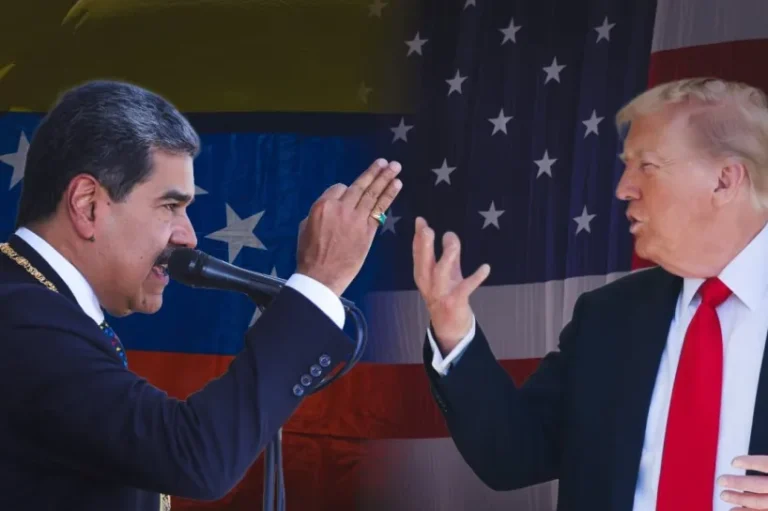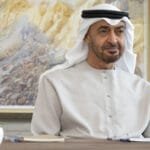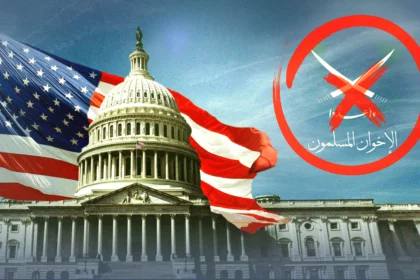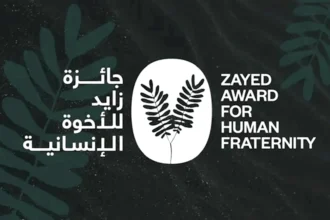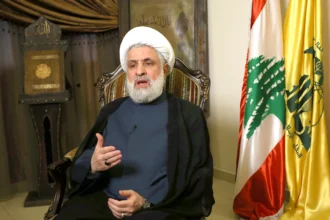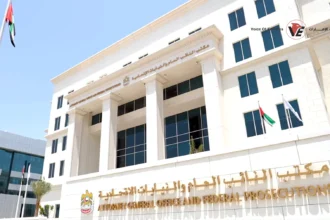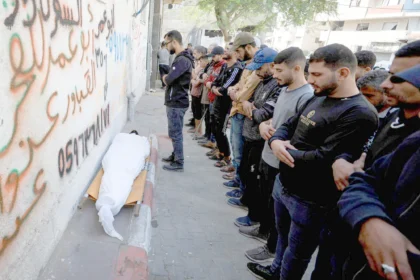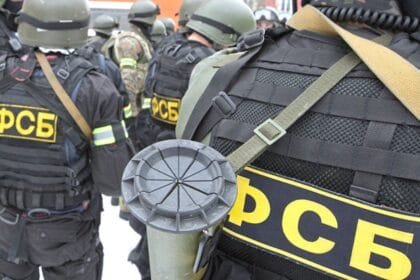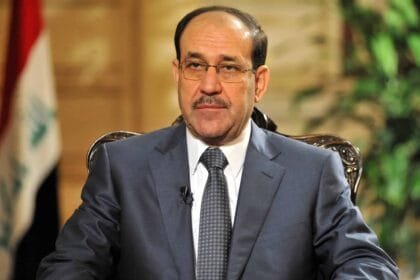The Caribbean region has entered a new phase of political and military tension. This followed an exchange of sharp threats between the United States and Venezuela, raising fears of a direct military confrontation in the Caribbean Sea.
US President Donald Trump has threatened to launch a ground invasion of Venezuela under the pretext of “fighting drug traffickers.” Venezuelan President Nicolás Maduro responded by declaring his country ready for any potential attack, asserting that the Venezuelan army possesses “more than 5,000 Russian-made Igla-S missiles” deployed at strategic air defense sites.
Maduro: Thousands of missiles to protect sovereignty
At a massive military ceremony, Maduro said, “All military personnel in the world know the power of the Igla-S system.” He added, “Venezuela has more than 5,000 missiles deployed at key air defense sites to ensure peace and stability.”
The Venezuelan president confirmed that “thousands of trained operators” are ready to occupy air defense sites across the country. This is to ensure Venezuela is immune to any external threat.
The Igla-S missile is one of the most prominent shoulder-fired air defense systems in the Russian arsenal. It is used to destroy aircraft, helicopters, drones, and cruise missiles at low altitudes. Its range is approximately 5.2 kilometers.
Washington: No haven for drug dealers
For his part, US Secretary of Defense Pete Hegseth affirmed that his country would deal with drug gangs “with the same firmness with which it confronted al-Qaeda.” He noted that the US military had carried out a “deadly” airstrike on a boat suspected of transporting narcotics in the Pacific Ocean. This raid resulted in the deaths of two members of the targeted group.
“Narco-terrorists seeking to bring poison to our shores will find no safe haven in our region,” the US Secretary of State said.
In a strongly worded speech, President Trump stated that his administration would not ask Congress to declare war on drug traffickers, saying, “We’re going to deal with them directly, and we’re just going to kill them.” He also denied reports that strategic bombers were being sent to the Venezuelan border, describing the reports as “inaccurate.”
Caracas is waiting… and Washington is pressuring
Recent US statements were met with great concern in Caracas. The Venezuelan government considered itself directly responsible for these threats, pointing out that the US term “fighting drug traffickers” was being used as a pretext to justify attempts to overthrow the regime in the country.
Washington accuses President Maduro and his senior officials of involvement in drug trafficking networks. It has previously offered a $50 million reward for information leading to his arrest. The United States has also imposed severe economic sanctions on Venezuelan military and political leaders.
Russian support and fears of the conflict expanding
Coinciding with the escalation, Russian military sources affirmed their full support for Venezuela. They considered the Igla-S system to be “the pride of the Russian defense industry.” They emphasized that Caracas’ possession of these missiles strengthens its airspace.
Observers believe that Maduro’s limited reference to this system aims to send a double deterrent message to Washington and its allies in the region. It signals that any military intervention will be met with a fierce air response, and demonstrates that Venezuela is capable of defending its airspace and territorial waters.
The White House between two wings
US reports confirm that President Trump’s advisory team is dominated by what is known as the “hawkish wing.” This team is led by National Security Advisor Stephen Miller, Secretary of State Marco Rubio, and CIA Director John Ratcliffe.
This group believes that toppling the Maduro regime is the real way to dry up the sources of drug trafficking in the region. Conversely, another faction within the administration warns that any ground intervention could ignite a widespread regional war in the Caribbean and Latin America.
Between the US threat of military intervention and Venezuela’s insistence on resistance, the Caribbean region is on edge. Tensions between Washington and Caracas have gone beyond mere declarations and are edging closer to a real test of power that could alter the balance of security and politics in Latin America.






